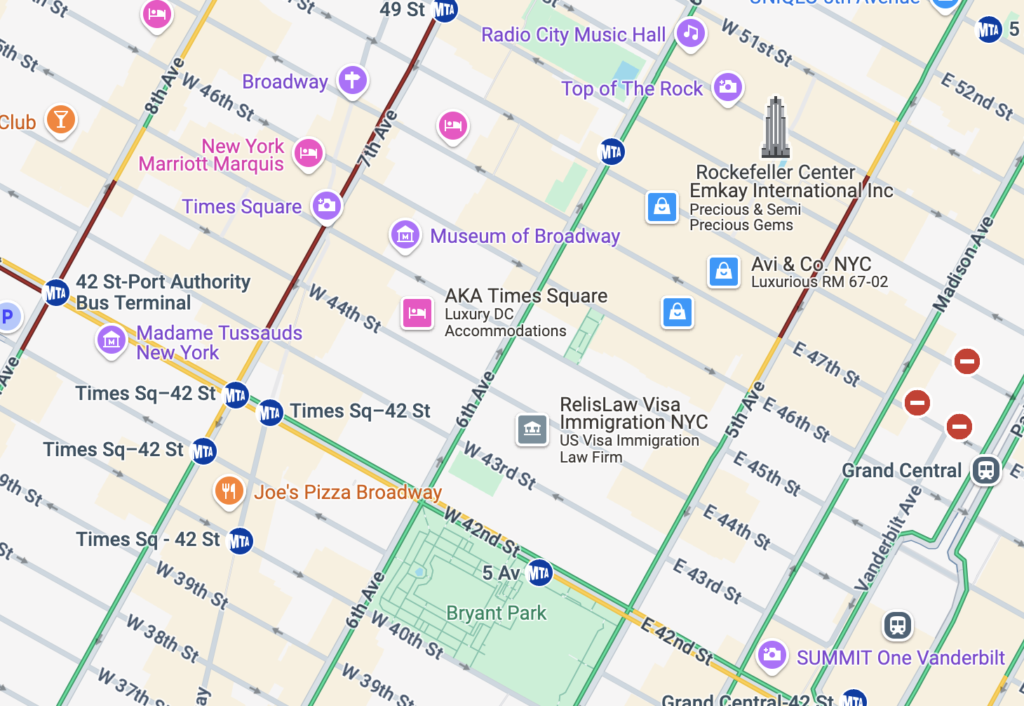Managing SIBO and Multiple Sclerosis in the workplace: Tips for Professionals
This post is now ranked #1 on Google for the important topic of managing SIBO and MS in the workplace.
Managing Digestive Health in the Office
As if living with multiple sclerosis (MS) doesn’t present enough of a daily challenge, when you add small intestinal bacterial overgrowth (SIBO) to the mix, it can feel like the very last straw. We all know MS affects the nervous system, but what you may not know that as an added bonus, that it can also affect gut motility. SIBO symptoms like bloating, cramping, and urgency can amplify MS related fatigue, cognitive issues, not to mention adding tons of STRESS. Plainly stated, managing SIBO and Multiple Sclerosis the workplace is a real PIA.
The office environment, with its long commutes, stressful meetings, and limited food options, only makes things harder. Back in my commuting days, I had every public restroom mapped out between Port Authority and Park Ave. Pro-tip: the high end hotels offer the best “public” bathroom facilities (and by that I mean the cleanest) and you can even get your shoes shined:). If commuting is just too much…understanding your workplace accommodation options can empower you to request necessary adjustments such as flexible scheduling or remote options to manage your symptoms more effectively.

Understanding the Link Between SIBO and Multiple Sclerosis
Multiple sclerosis (MS) can interfere with the brain gut connection in ways that are often overlooked. By disrupting the nerve signals that regulate digestion particularly through damage to the vagus nerve, MS can slow gut motility, setting the stage for bacterial overgrowth in the small intestine (SIBO). This impaired movement allows bacteria to accumulate and (hang out) where they don’t belong, leading to gas, bloating, discomfort.
Inflammation, immune system imbalances, and frequent antibiotic or steroid use may further disrupt gut bacteria, making SIBO more likely. The result is a frustrating cycle where MS and SIBO exacerbate each other, leading to a nasty combo of digestive distress, fatigue, and brain fog.
SIBO Testing Strategies
Proper testing is critical to managing SIBO. I used the breath test, which measures hydrogen and methane gas levels produced by bacteria in the small intestine. Pretty simple…you just breathe into a couple of tubes in 15 minute intervals for a few of hours. Really no big deal. Sometimes a lactulose breath test is recommended for those with really slow gut motility. My symptoms ran the full spectrum from bloating, bad diarrhea and to really bad constipation:( Once you are diagnosed, treatment typically involves antibiotics such as Rifaximin (super expensive…ask your doctor if they have office samples) or herbal remedies, followed by dietary adjustments to prevent reoccurrences.
Managing SIBO and Multiple Sclerosis in the workplace: Diet and Nutrition in a Corporate Setting
Eating in a way that supports both MS and SIBO can be difficult in an office environment, where high FODMAP (Fermentable Oligosaccharides, Disaccharides, Monosaccharides, and Polyols) processed, and inflammatory foods are common. Please review the Monash University FODMAP App below. The University and it’s App are considered the gold standard in FODMAP research and dietary guidance.

Managing SIBO and MS at work can start with simple meal prepping, ensuring access to safe foods, preventing last minute reliance on convenience options. Protein rich, anti-inflammatory foods like lean meats, eggs, and olive oil can help stabilize energy levels and reduce MS fatigue. Avoiding foods, such as aged cheeses and processed meats, can help minimize inflammation and brain fog. I find staying hydrated with electrolyte water supports digestion and my energy levels. Everyone’s body is different and what works for one person may not work for another. The tips shared here are meant to provide helpful guidance and certainly not a substitute for medical advice. Check with your doctor or a nutrition professional who understands your unique needs.
Navigating Commuting and Office Life with SIBO and MS
Managing SIBO and MS at work starts with daily planning. I found eating too close to a commute was leading to bloating and often a very uncomfortable commuting experience, allowing time for digestion before leaving home or the office can be a big help. As I covered earlier 🙂 knowing restroom locations along the commute can greatly reduce anxiety (again, think fancy hotels). Stress management techniques such as deep breathing, short walks, and mindfulness breaks help regulate digestion and prevent flare ups.
Long-Term Strategies for Gut and MS Health
Improving gut health with MS requires long-term consistency. I can’t stress this enough…cheat days can be big TROUBLE. Quality sleep is essential, as poor sleep can slow digestion and increase fatigue. Gentle movement after meals, such as a short walk, can help stimulate gut motility and reduce bloating. After my SIBO treatment, I introduced probiotics which have helped. Additionally, I have been focusing on an anti-inflammatory diet, hydration, and supplements to support both gut and neurological health.
Final Thoughts on Balancing MS, SIBO, and a Career
Living with MS and SIBO while working a corporate job is challenging but manageable with the right strategies. Testing for SIBO, adapting diet choices, planning for work and commuting challenges, and prioritizing stress management can significantly improve symptoms. Small adjustments, such as meal prepping, strategic scheduling, and self-advocacy for workplace accommodations, can make a big difference. For sure, not every day will be symptom-free, but with right strategies you can create a work-life balance that supports both your MS & SIBO.
Have you dealt with SIBO while managing MS or another chronic condition? What strategies have worked or not worked for you? I’d love to hear your experience. Drop a comment at the very bottom or reach out your insights might help someone else navigating a similar path.
Find balance, stay strong.







